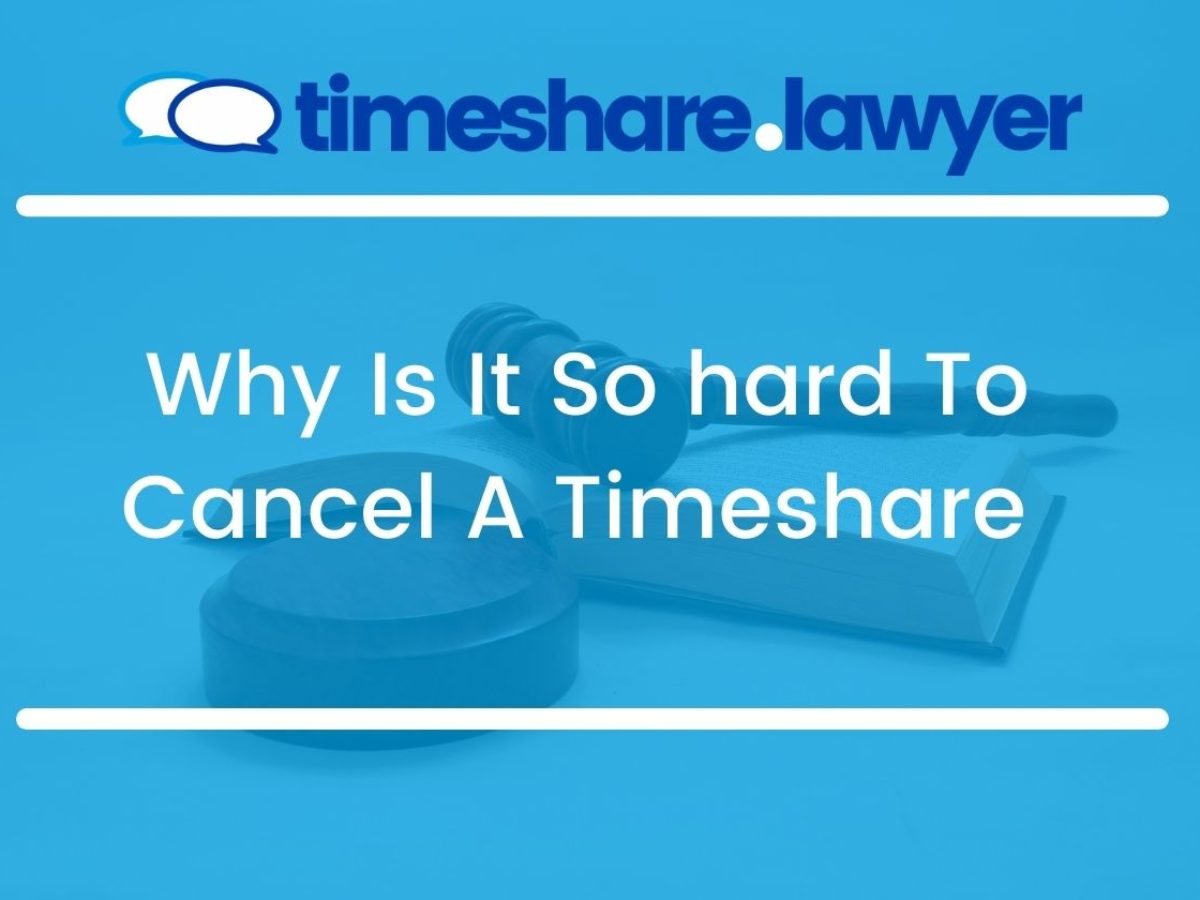When timeshare owners try to resell, the marketing and sales costs do not equate on the open market into genuine estate value. In addition, the competition for timeshare purchasers is intense. Sellers should not only take on large numbers of similar timeshares on the market for resale however should compete for purchasers taking a look at brand-new items on the market. Sales of fractional ownership, by contrast, resembles deeded ownership of one's main house. Statistics show that fractional ownership property resales rival sales of whole ownership holiday genuine estate in the very same location. In some instances, fractional resale values have actually even exceeded those of whole ownership homes. Each owner is approved a percentage of the home itself, normally based upon the time they mean to utilize it. A non-deeded timeshare, also called a "best to use" timeshare, is one in which you buy a lease or license to use the home for a set variety of years, however do not in fact gain ownership interest in the property. A non-deeded timeshare can cost less than a comparable deeded timeshare, but non-deeded timeshares frequently have more rigid restrictions on the transfer of property than deeded timeshares do, which can make resale harder. There are also various alternatives covering timeshare usage periods: Offers you access to a particular timeshare property the exact same week each year Offers you versatility to use a timeshare residential or commercial property at any time according to schedule Provides you access to a timeshare residential or commercial property for a longer amount of Wesley Financial Group reviews time, such as four weeks or 3 months, each year Provides you the ability to purchase a specific variety of indicate use in various timeshare areas and at various times of year The average expense of a timeshare is $22,942 per interval, according to 2019 data from the American Resort Development Association (ARDA).
If you choose to move on with a timeshare purchase, using cost savings to spend for it may be better than funding it. That's because the majority of banks will not lend cash for a timeshare due to the fact that the residential or commercial properties tend to lose value, and while timeshare residential or commercial property developers may use financing, it's generally at a much greater rates of interest compared to a bank, and for a brief term. You could likewise get funding by method of a short-term personal loan, however that can have a high rate of interest, too. If you're searching for a regular getaway, then timeshares and villa can both be excellent options.
With a timeshare, your repeating expenses and time investment can be considerably lower. The yearly upkeep charges may be lower than keeping a villa over years, for example, and you will not have to issue yourself with leasing the timeshare while you're not using it. Nevertheless, you'll have less flexibility on how you use the timeshare, even if you buy points, and you likely won't be able to make any enhancements or add individual touches as you would with a getaway house. On the other hand, with a trip home, you'll have more control over all elements of the property, however you'll likely pay more for it.

A timeshare can use the benefits of owning a vacation house at a fraction of the expense you only pay for the time you use, as well as any associated upkeep fees. These qualities can make a timeshare a great option if you like to holiday in the same place each year and have the methods to finance the purchase upfront. If you do not have the cash on hand, you can try to get funding through the timeshare designer or take out a personal loan, but both can come with a fairly high rates of interest. There are other downsides to timeshares, also.
Plus, the resale market is filled with scammers seeking to benefit from those who wish to leave their timeshare. In addition, if you have the ability to offer your timeshare, however at a loss, you're normally not able to declare that loss as a tax reduction as you would with some other sort of investments. That's since the IRS thinks about timeshares individual properties. The exception might be if you frequently rented out your timeshare throughout the period you were entitled to utilize it. In that case, you may be able to declare the loss, similar to what you could be eligible for if it were a rental or financial investment home.
Some Of What Percentage Of People Cancel Timeshare After Buying?
Consider how typically you want to hang out at the home and if you can afford to do so. If the expenses of a timeshare are too expensive for your spending plan, it may be better to stick to one-off trips to satisfy your vacationing requirements. Also, study Wesley Financial Group ratings on the timeshare company you're thinking about working with to discover if present owners enjoy. If owners are grumbling about excessive charges, for instance, you might want to consider another home or company - how to report income from timeshare. If you have actually decided to continue with purchasing into a timeshare, take an appearance at your finances to determine how you'll make the purchase take place.
Finally, once you've discovered a timeshare unit you like, make certain to have it examined before making a deposit or progressing.
If you're not currently a timeshare owner, you have actually probably received an invite in the mail or your inbox for an "unequalled weekend getaway" at some time in your life. The only catch is that you need to agree to endure a sales presentation, first. Timeshare salesmen are great at their jobs excellent. The timeshare market contributes over $80 billion to the U.S. economy, and much of this success is driven by timeshare sales on an annual basis. But what is a timeshare and exactly what does ownership include? Click here No matter what you invest in, it's constantly sensible to comprehend the item initially, especially when it comes to timeshare.
